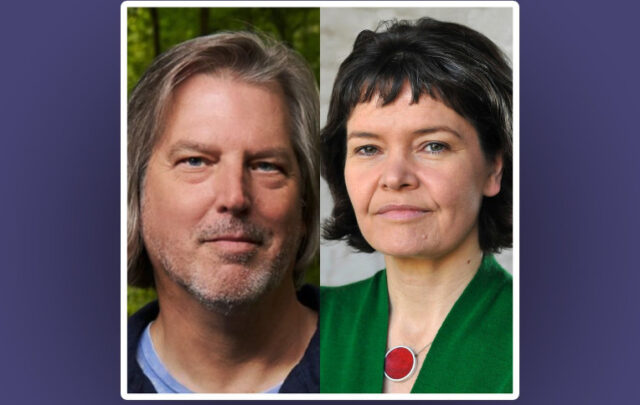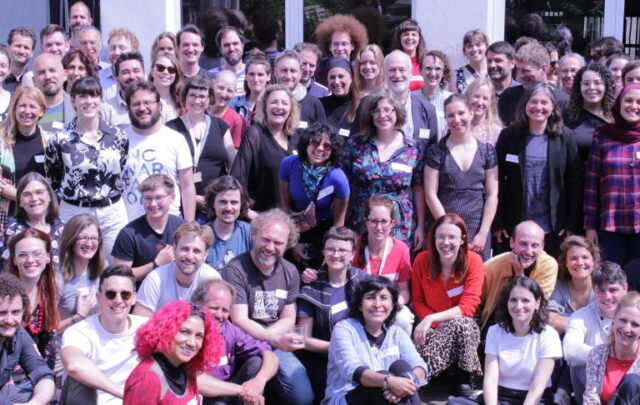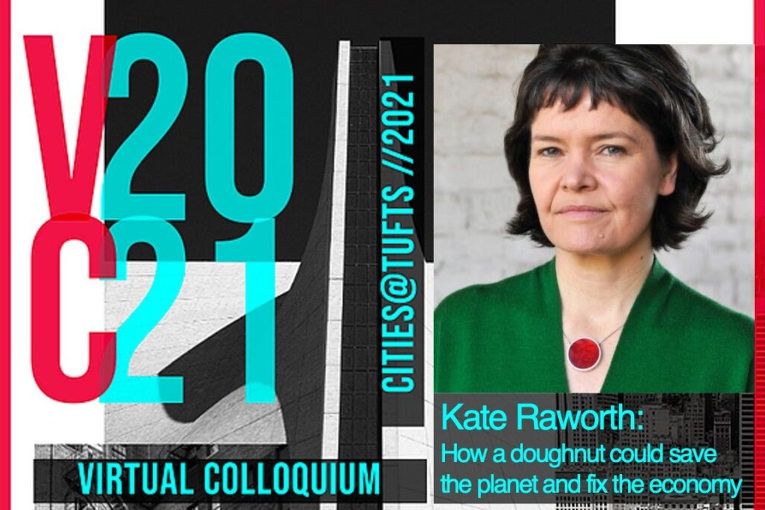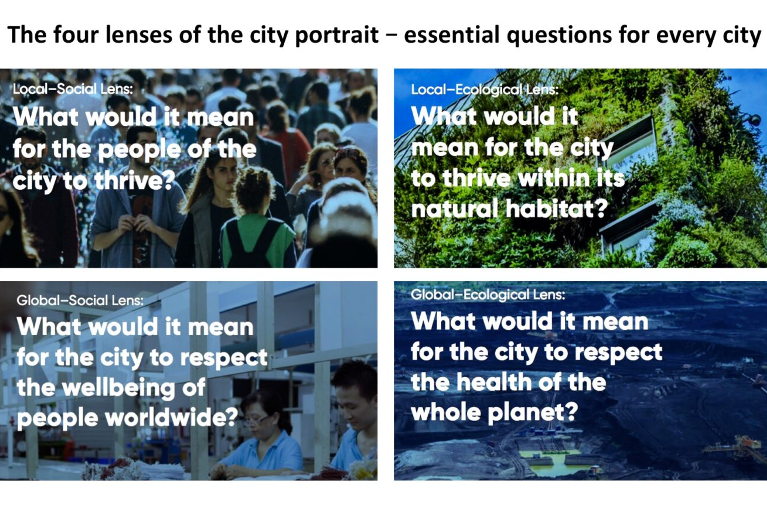Kate Raworth is a renegade economist focused on exploring the economic mindset needed to address the 21st century’s social and ecological challenges. She is a senior visiting research associate and advisory board member at Oxford University’s Environmental Change Institute and teaches in its masters program for Environmental Change and Management. She is also senior associate of the Cambridge Institute for Sustainability Leadership and a member of the Club of Rome. Over the past 20 years Raworth has been a senior researcher at Oxfam, a co-author of UNDP’s annual Human Development Reports and a fellow of the Overseas Development Institute, working in the villages of Zanzibar. She is also on the advisory board of the Stockholm School of Economics’ Global Challenges Programme and Anglia Ruskin University’s Global Resource Observatory. Kate lives in Oxford, England. For more information visit kateraworth.com
“Episode 100 – The Great Simplification” (Interviewed by Kate Raworth)
On this special 100th episode, Nate is interviewed by his friend and colleague in the metacrisis space, Kate Raworth. The conversation is a reflection on the past two years of podcasting – and how Nate’s worldview has evolved because of it.
December 8, 2023
“Not growing but thriving”: The Beginning of a Paradigm Shift
Limits is a transformative word, because it tells us that somebody has drawn that economy in their mind and they have drawn it as part of the biosphere. That is the beginning of a paradigm shift.
May 23, 2023
Post-growth Europe: 400+ experts call for wellbeing economy
As political leaders gather for a second conference at the European Parliament on how to move “beyond growth”, we, the undersigned academics and civil society organisations, see the geopolitical crisis as an opportunity to disengage from the socially and ecologically harmful growth competition and instead embrace a wellbeing cooperation.
May 18, 2023
What Could Possibly Go Right?: Episode 54 Kate Raworth and Roman Krznaric
Together, Kate Raworth and Roman Krznaric address the one core question of “What Could Possibly Go Right?”
September 21, 2021
Kate Raworth: Doughnut Economics at the city scale
And here’s the question that we invite every ambitious city to ask itself. How can our city, be a home to thriving people, in a thriving place, while respecting the well-being of all people and the health of the whole planet?
March 18, 2021
So You Want to Downscale the Doughnut ? Here’s How.
Today is the launch of Creating City Portraits – a methodological guide for downscaling the Doughnut to the city and turning it into a tool for transformative action.
July 20, 2020







